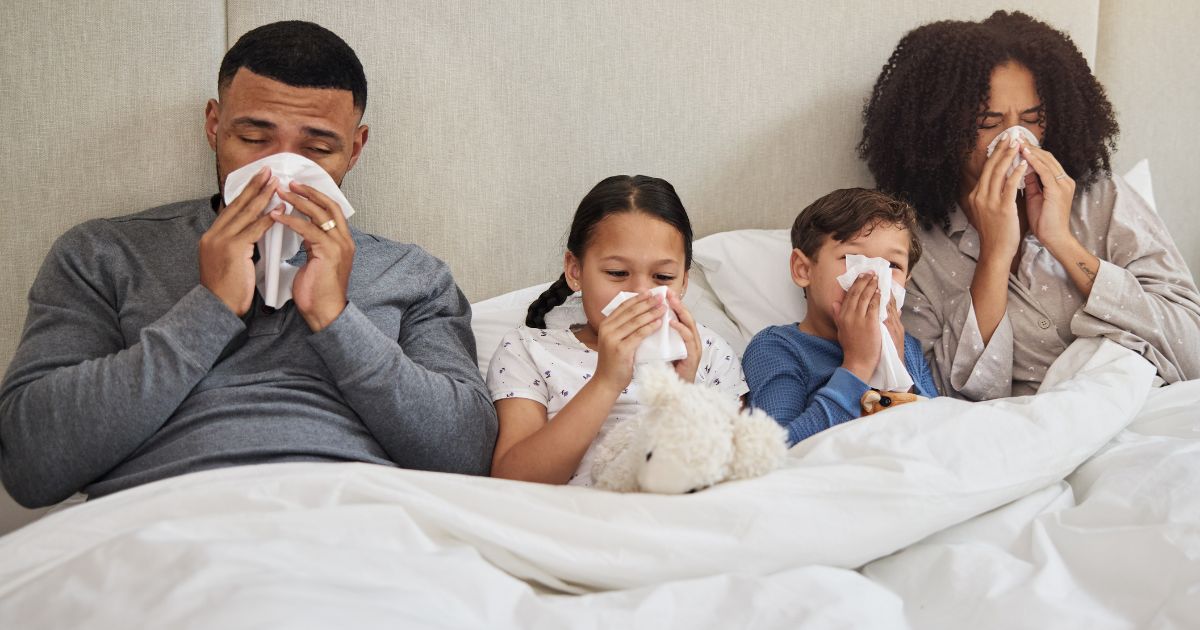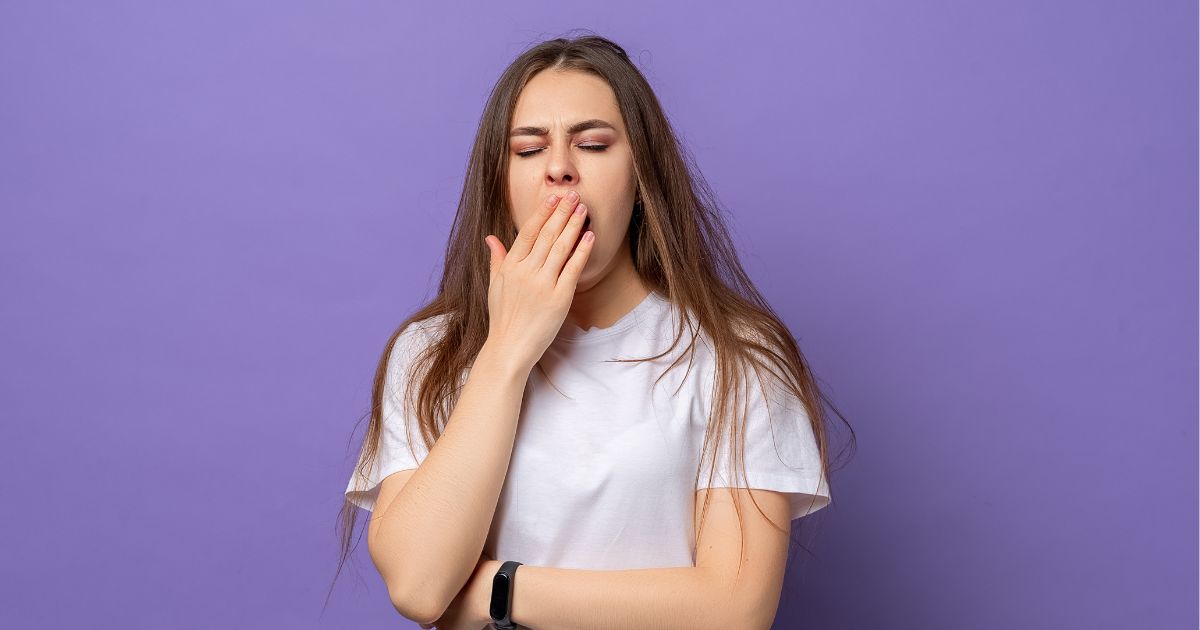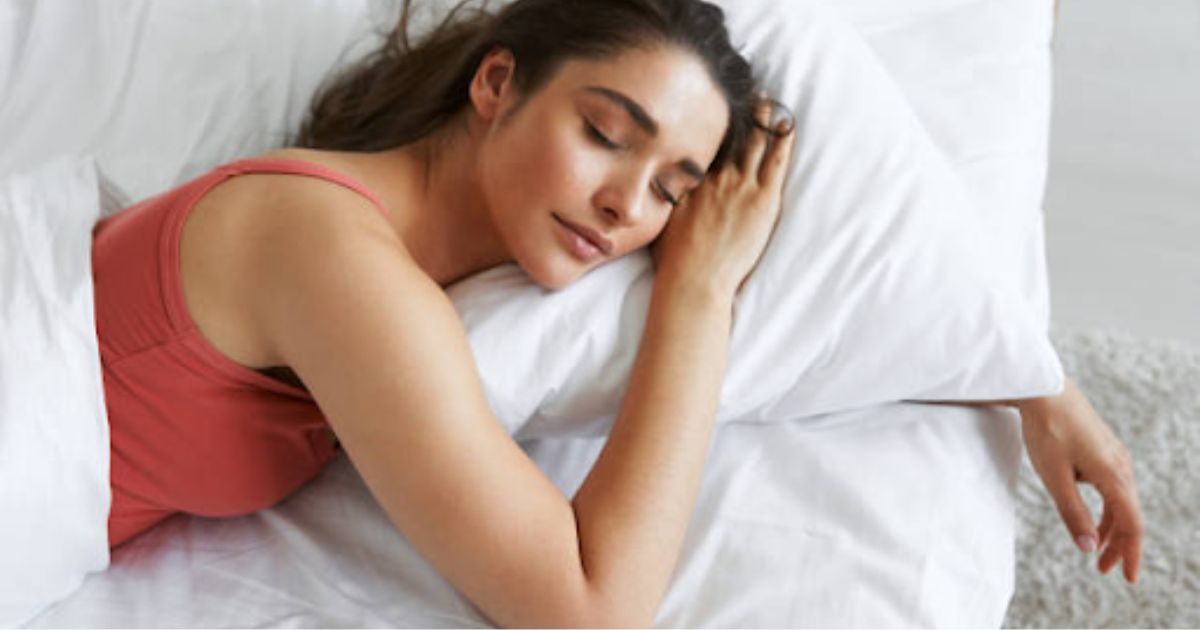Living in Jacksonville, Florida, means enjoying the beautiful coastal lifestyle with nice weather year-round. However, the climate can contribute to a more harsh and prolonged allergy season for many. A common challenge during this time is getting a good night’s rest. Nasal congestion, sneezing, coughing, and itchy eyes can prevent being able to rest adequately. While these symptoms can be manageable during the day, they tend to become overbearing during the night.
The Connection Between Sleep and Allergies
Allergies occur when the immune system reacts to substances and debris in the environment like pollen, dust mites, mold spores, or pet dander. Around spring and fall, allergy season peaks due to the high amounts of pollen. These allergens are airborne and more likely to trigger allergic reactions. Some symptoms include sneezing, congestion, and watery eyes which all can be aggravated at night when the body is resting. There are several different connections between sleep and allergies here are a few examples:

- Nasal Congestion and Breathing: Inflammation in the nasal passages is a common symptom of allergies and can cause trouble breathing. Nasal congestion causes extreme difficulties with sleep since you are lying down allowing the blockage to worsen. As a result, many people resort to breathing through their mouths. This can lead to other issues like a sore, dry throat, snoring, and reduced quality of sleep.
- Inflammatory Response: The inflammatory response to allergies can have a significant impact on sleep quality. When histamines are released during an allergic reaction, they can trigger systemic effects such as fatigue, headaches, and general discomfort. These symptoms make it extremely hard to sleep.
- Post-nasal Drip: Allergies typically cause the production of excess mucus, leading to post-nasal drip. This is where mucus drips down the back of the throat while lying down. This can lead to coughing, sore throat, and discomfort leading to disrupted sleep.
- Increased Sensitivity at Night: During the night, the body naturally produces higher levels of melatonin to help regulate the sleep-wake cycle. This can cause increased sensitivity to irritants making your allergy symptoms feel worse.
Key Triggers of Seasonal Allergies in Jacksonville
Jacksonville’s climate and environment make it a hotspot for allergens during allergy season. Pollen from trees, grass, and weeds is a concern for sleep and allergies, especially during the spring and fall. The key triggers for allergies in this area are:
- Pollen: Jacksonville experiences high amounts of pollen from trees like oak, pine, and cedar. Some grasses like Bermuda and ryegrass also contribute to the amount of pollen in the area.
- Mold: Florida is known for its humid climate making it an ideal area for mold growth especially in coastal cities like Jacksonville. Mold spores are more likely to become airborne in spring and fall due to increased rainfall and warm temperatures.
- Dust Mites: Dust mites are microscopic creatures that thrive in warm, humid environments. Dust mites can trigger allergic reactions, especially in those who suffer from asthma or other respiratory conditions.
- Pet Dander: Individuals who own pets may experience an increase in their allergy symptoms. Pet dander is airborne and can contribute to allergic reactions.

Sleep and Allergies: How to Sleep Better During the Night
If allergies are preventing you from being well-rested, you may want to look into ways you can reduce the impact of allergens in your environment. Here are some tips for achieving better sleep quality during allergy season:
1. Limiting Allergen Exposure in the Bedroom: One of the most effective ways of reducing your allergy symptoms is to limit your exposure to allergens, especially in the area you sleep in.
- Closing Windows: While you may want to enjoy the beautiful weather in Jacksonville, you may want to consider closing your windows, especially during allergy season. This can help prevent outdoor allergens like pollen and mold spores from entering your home.
- Air Purifies: Investing in a high-quality air purifier is essential especially if you live with animals. This helps filter out allergens such as pollen, dust mites, and pet dander.
- Washing your Bedding: Dust mites love accumulating in bedding so it is crucial to regularly wash your sheets and blankets. Aim for washing your bedding at least once a week in hot water to reduce the presence of dust mites in your bed.
- Pets: While we love our pets, it may be beneficial to keep them out of the bedrooms. Pet dander can trigger severe allergy symptoms, especially during the night. Try to limit your pets’ access to the bedroom.
2. Managing your Allergy Symptoms: Managing your symptoms effectively during allergy season will aid in improving your sleep quality. Sleep and allergies are a bad combination, try antihistamines, nasal saline sprays, or immunotherapy for severe cases.
- Taking Antihistamines: Over-the-counter antihistamines can help reduce symptoms like sneezing, nasal congestion, and itchy eyes. Consider taking these during the evening as they make most people drowsy while helping reduce the symptoms.
- Nasal Saline Sprays: Nasal saline sprays can help flush out allergens and clear the nasal passages, reducing congestion and post-nasal drip.
- Immunotherapy: For severe cases of allergies, you may want to consider immunotherapy. An allergist may recommend taking allergy shots gradually to desensitize your immune system to specific allergens in hopes of reducing the symptoms over time.
3. Night Routine: To maintain high sleep quality, it is important to maintain and schedule and routine to achieve the best rest even when battling with allergy symptoms.
- Consistent and Relaxing Routine: Aim for a consistent schedule, you should fall asleep and wake up relatively around the same times daily to help with your body’s sleep cycle. Incorporating relaxing practices before bed is another important component of sleep quality. Avoid electronics and instead, meditate, shower, or even read a book.

Jacksonville Sleep Center: Sleep and Allergies
If you haven’t already, speak to a doctor about finding an effective solution to your sleep and allergies. The team at Jacksonville Sleep Center focuses solely on their patients and their specific needs to provide them with the best treatments and experiences possible. Visit our website or give us a call today to schedule your appointment!






